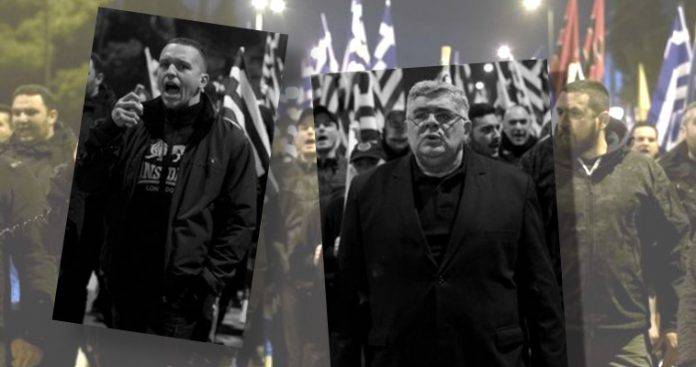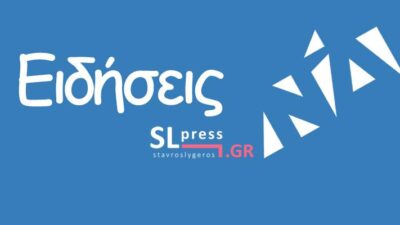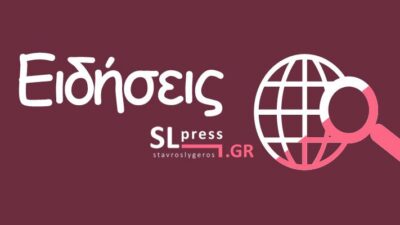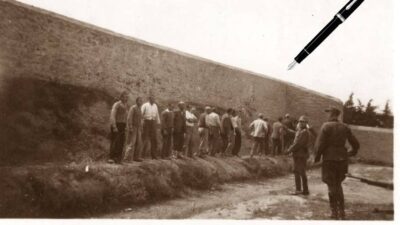Stavros Lygeros: The winds that filled the sails of the Golden Dawn
12/10/2020
As it is known, Golden Dawn (Chrysi Avgi) came out of the political margins, when its ballot in the municipality of Athens in the 2010 elections won 5.3% and elected its leader Nikos Michaloliakos as a municipal councilor. It was not a bolt out of the blue. It was the result of two main factors: on the one hand the lack of structured and effective immigration policy, on the other hand, the economic crisis and the Memoranda that began to hit the lower and middle classes.
As it was visible to the naked eye from the beginning, the anti-racist crowns had only succeeded in politically feeding the neo-Nazi Far Right. Residents of Agios Panteleimon neighborhood in Athens and neighboring areas, who in those elections had voted for Golden Dawn by around 20%, had not been infected by a mysterious virus. They had not suddenly turned into fascists.
They are popular strata, which until then voted for PASOK, ND, and the Left. We briefly mentioned the two reasons for their electoral turn. As for illegal immigration, they were tired of making dramatic appeals to the municipality, the government, and the parties without getting a response. When the State and the established political forces more or less treated the desperate-outraged protests of the inhabitants as manifestations of racism, Golden Dawn hastened to fill the gap, putting its own neo-Nazi stamp on it.
Instead of the electoral emergence of the Golden Dawn worrying and mobilizing the then rapidly ascendant SYRIZA (and the wider Left), it had given it the psychological pretext to turn its back on the problem. The various “anti-racists” who in a politically autistic manner treated the protests of the residents as manifestations of racism threw water on the mill of the neo-Nazi Far Right.
Golden Dawn took advantage of the anger of the residents to advance its agenda. Its members and followers engaged in a blind hunt for immigrants. They beat anyone they found in front of them, projecting themselves as guardians of the frightened inhabitants! As it turned out in the 2012 elections, the performance of Golden Dawn in the municipality of Athens was not a firework. Those who naively believed that with accusations about “Nazis”, “storm troopers” etc. would stop the then-popular current in favor of the Golden Dawn, it turned out that they were wrong.
The catalytic financial crisis
Obviously, the catalytic economic crisis also played a decisive role in the transformation of a marginal neo-Nazi organization into the third-largest party in Greece. Immigration gave it its first political-electoral impetus, but for its further electoral rise the equally decisive factor was the Memoranda, which delegitimized the political system and reduced the electoral scope of the traditional ruling parties.
That development blew wind in the electoral sails of SYRIZA, but also fueled the dynamics of the Golden Dawn, which projected itself as a predominantly anti-systemic party, as the party moving in the opposite of the left-wing ideological climate of the post-junta political period, as the party that had no involvement in political decisions. Its violent rhetoric and practice resonated with low and medium-income strata which]vs experienced the socio-economic crisis in a dramatic way, much like a crash landing. Many believed that the vote for Michaloliakos’s party was a way to avenge the established political system.
It should be noted that every society in crisis tends to be caught by the constants of its existence, especially by national identity. In contrast to the established forces, which considered it almost old-fashioned, Golden Dawn had made a neo-Nazi version of national identity its banner. With this banner, it attracted not only damaged and destroyed low and medium-income strata, but also angry young people. Young people who perceived extreme nationalism as ideological support, their integration into the paramilitary way of organization as a force, and the anti-systemic character as a revolutionary act!
Strict hierarchy and blind discipline dissolve the Ego into a collectivity, which projected itself as the political vehicle for carrying out a historic mission. Their mobilization, then, was not just a form of socialization. They also considered it a way to participate in a collective. For young people from the grassroots who experienced the crisis in their family environment as humiliation, enlisting in a party that adored and embodied tangible power seemed like a way out, perhaps even an opportunity for revenge.
Those who were oriented organizationally, but also electorally towards the Golden Dawn, considered that democracy (which they identified with the political system) had betrayed society and that is why they had turned their backs on it. Since then, the most effective ideological-political antidote to Golden Dawn has been the credible and effective Rule of Law. So, instead of the lumpen bullies facing the ax of Justice from the beginning and for every violent act of theirs, the State showed unacceptable tolerance. Why is another story and it’s not that innocent.





